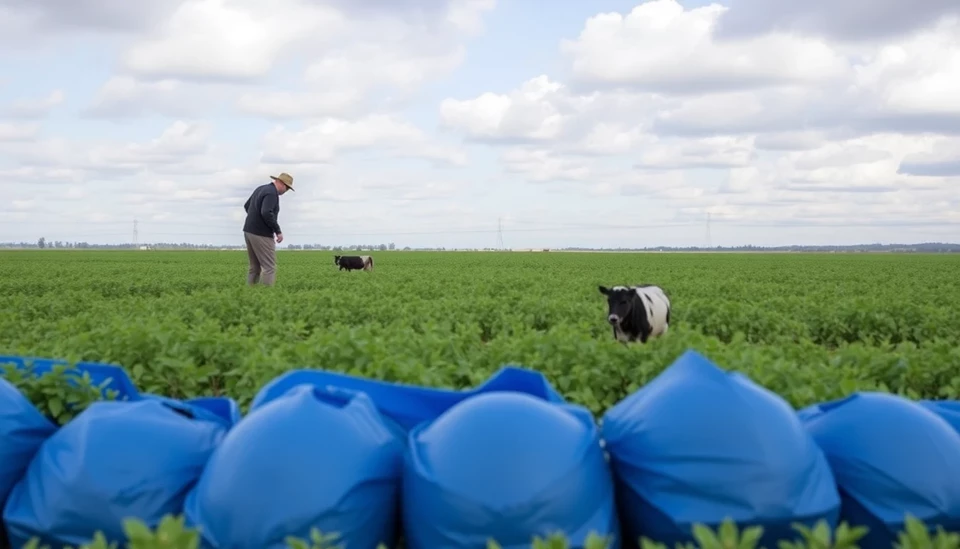
The European Union is gearing up for a major overhaul of its agricultural policies, marking a significant departure from its previous climate-centric strategies. This shift has reignited debates within the farming community, with many producers advocating for a greater emphasis on food security and operational viability amid rising geopolitical tensions and inflationary pressures. The move is being closely watched as it may redefine the future of farming across the EU.
In recent discussions among key policymakers and agricultural stakeholders, a consensus is emerging that prioritizing food production should take precedence over climate initiatives. This perspective has been fueled by urgent concerns about the impacts of disrupted supply chains and food shortages, which have been exacerbated by the ongoing war in Ukraine and broader economic uncertainties.
Farmers have voiced their frustrations over regulations that seemed to prioritize environmental sustainability at the potential expense of their livelihoods. As the EU prepares to unveil its agricultural strategy, farmers are advocating for policies that support increased production and reduce the regulatory burden that they argue hampers their ability to compete globally.
The proposed changes are anticipated to address pressing issues such as fertilizer costs and feed supply shortages, which have been aggravated by international conflicts and supply chain disruptions. The EU's agricultural blueprint is expected to offer incentives for farmers to boost output while also proposing adjustments to existing climate commitments, acknowledging the challenges of balancing environmental goals with the need for reliable food systems.
As discussions progress, European commissioner for agriculture, Janusz Wojciechowski, has emphasized the importance of ensuring that food systems are resilient and capable of meeting the needs of EU citizens. “Our first priority should be ensuring that farmers can produce the food that feeds Europe,” he stated, reflecting the sentiment of many within the agricultural sector.
However, this pivot has not been without controversy. Environmental groups and climate advocates are raising alarms, arguing that moving away from climate-focused policies could jeopardize long-term sustainability efforts. They contend that sustainable practices must be integrated within the agricultural framework to ensure the resilience of food systems in the face of climate change.
The EU's reevaluation presents both challenges and opportunities for farmers. While many welcome the shift towards a more food-centric approach, there is a fear that failure to adhere to environmental commitments could lead to adverse consequences for biodiversity and food security in the long run. The balancing act between immediate food production needs and long-term sustainability goals is one that the EU will need to navigate carefully in the coming months.
As stakeholders await the new agricultural strategy's details, one thing is clear: the dialogue surrounding the future of farming in the EU is evolving. Policymakers, farmers, and environmental advocates must find common ground to build a resilient food system that can withstand the pressures of both economic and environmental challenges.
In summary, the EU's agricultural policy is poised to undergo a significant transformation, moving towards a framework that prioritizes food security while grappling with sustainability issues. This shift may very well redefine the landscape of European agriculture in the years to come.
<#>EUAgPolicy #FoodSecurity #ClimateChange #Sustainability #Agriculture #Farmers #SupplyChain #Ukraine #FoodProduction
Author: Laura Mitchell




